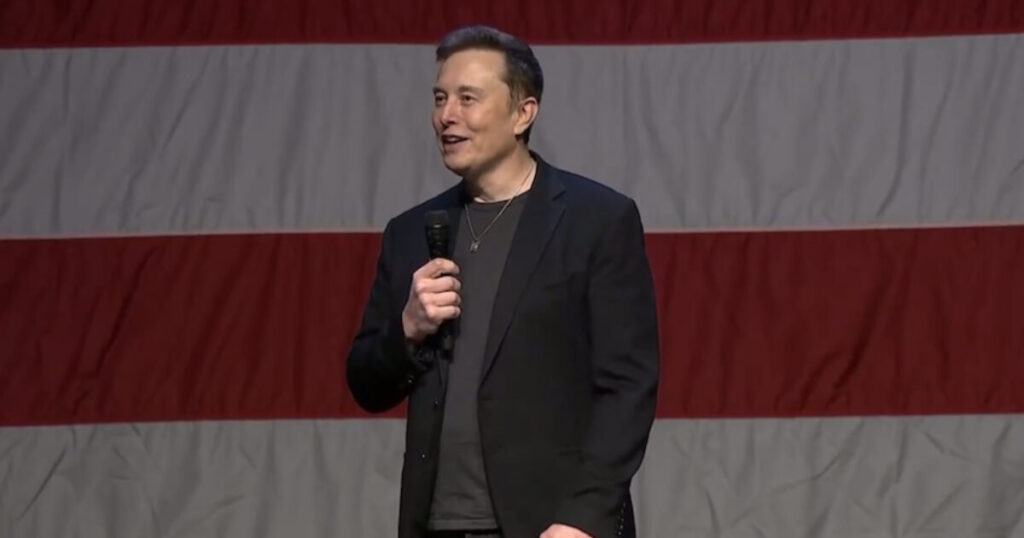On October 20, 2024, Elon Musk made headlines during a town hall event in Pennsylvania where he openly endorsed Donald Trump and addressed controversial topics surrounding election integrity. In his remarks, Musk highlighted his concerns regarding the security of the electoral process, particularly criticizing electronic voting systems. He advocated for a return to traditional voting methods, such as paper ballots and in-person voting with proper identification, stating that ensuring only legal citizens are allowed to participate in elections reflects the foundational principles of democracy. This call for voting reform resonated with a substantial audience gathered to hear his perspective, framing it as a noble cause to protect constitutional rights.
Throughout his recent appearances, Musk has emphasized the significance of the upcoming election, suggesting it might determine not only the future of America but also the trajectory of Western civilization. His passionate rhetoric has captured the attention of many, illustrating how pivotal figures in the tech industry are engaging with critical political matters. This heightened awareness among the public was evident on social media, as reports surfaced describing the long lines of supporters eagerly anticipating Musk’s speeches. His campaign efforts for Trump seem to be invigorating voters in key swing states, which could have significant implications for the election outcome.
However, Musk has also faced fierce opposition from Democratic leaders, notably Pennsylvania’s Governor Josh Shapiro, who expressed concerns over Musk’s activities. Shapiro suggested that local law enforcement should examine Musk’s $1 million giveaways to individuals signing his petition in favor of constitutional rights. This scrutiny underscores the increasing tensions between Musk’s political influence and the perceptions of his actions among Democrats. Critics view such financial incentives as manipulative, while Musk’s supporters see them as a legitimate effort to engage citizens in the democratic process.
Musk’s advocacy for transparency in elections was a recurring theme in his remarks. He articulated a firm belief that maximum transparency is essential for restoring public trust in electoral outcomes. By arguing against the use of electronic voting machines, Musk illustrated his technical expertise and concerns about their vulnerability to hacking, which he emphasized could compromise election integrity. Drawing from his background in technology, Musk articulated a vision for voting that relies on more traditional methods, expressing a clear preference for simplicity and security over modern technological solutions.
Moreover, Musk raised alarm over the potential dangers posed by advanced artificial intelligence in the context of electronic voting. He suggested that as AI technology evolves, the risk of hacking electronic systems becomes more pronounced, particularly if voting machines are connected to the internet. His warnings about the intersection of technology and electoral security paint a scenario where rapid advancements could inadvertently threaten democratic processes. Musk’s narrative reflects a cautious approach toward embracing technology without compromising foundational democratic values.
In conclusion, Elon Musk’s recent town hall in Pennsylvania highlighted critical issues surrounding electoral integrity and the role of technology in democracy. His outspoken support of Donald Trump and criticisms of modern voting practices have ignited significant discussion and dissent among political factions. As Musk continues to navigate the intersection of technology, politics, and social engagement, his influence as a public figure may play a decisive role in shaping voter sentiment as the election approaches. The ongoing dialogue about the security and fairness of elections underscores the broader societal implications of public figures stepping into political arenas, stirring a complex mix of support and criticism.

